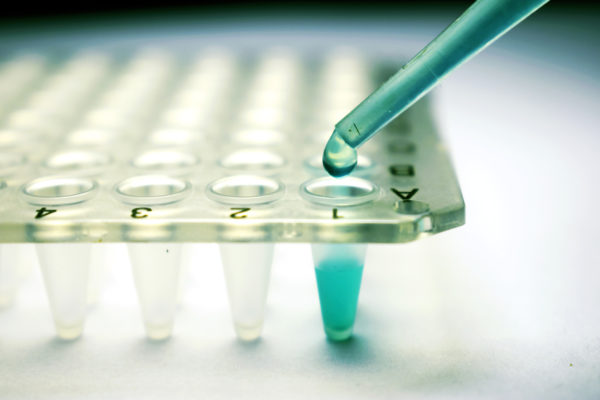
Mortality after allogeneic hematopoietic-cell transplantation appears to be higher when the patient presents a low degree of diversity in his microbiota composition. These findings were recently published in the New England Journal of Medicine.
There had been previous single-centre research into the relationship between the microbiota composition and mortality after a stem cell transplant, but this time an observational study involved four centres, one in New York (cohort 1) and three in Germany, Japan and North Carolina (cohort 2)
Data was obtained from examining the microbiota in fecal samples obtained from patients who were undergoing allogeneic hematopoietic-cell transplantation at four centers by means of 16S ribosomal RNA gene sequencing. The researchers examined associations between microbiota diversity and mortality using Cox proportional-hazards analysis. For stratification of the cohorts into higher- and lower-diversity groups, the median diversity value that was observed at the study center in New York was used. Cohort 1 and subgroups within it were analyzed for additional outcomes, including transplantation-related death.
In total, 8,767 fecale samples from 1,362 patients undergoing allogeneic hematopoietic-cell transplantation at the four centers were analyzed. Patterns of microbiota disruption emerged, characterized by loss of diversity.
Higher diversity of intestinal microbiota was associated with a lower risk of death in independent cohorts (cohort 1: 104 deaths among 354 patients in the higher-diversity group vs. 136 deaths among 350 patients in the lower-diversity group; adjusted hazard ratio, 0.71; 95% confidence interval [CI], 0.55 to 0.92; cohort 2: 18 deaths among 87 patients in the higher-diversity group vs. 35 deaths among 92 patients in the lower-diversity group; adjusted hazard ratio, 0.49; 95% CI, 0.27 to 0.90).
Subgroup analyses identified an association between lower intestinal diversity and higher risks of transplantation-related death and death attributable to graft-versus-host disease. Baseline samples obtained before transplantation already showed evidence of microbiome disruption, and lower diversity before transplantation was associated with poor survival.
The researches conclude that a higher degree of microbiota diversity at the moment of transplant is associated with a lower mortality in patients who undergo allogeneic hematopoietic-cell transplantation.